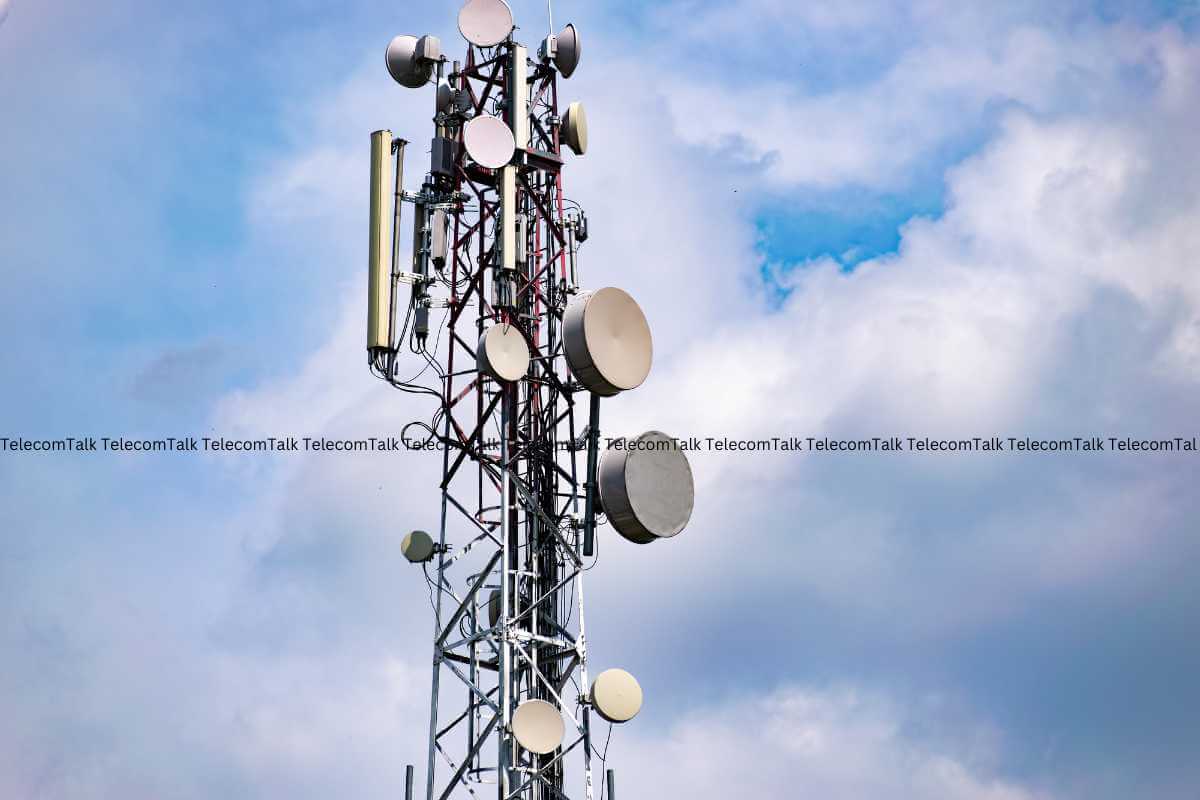
The telecom and tech players have weighed in their opinion about selective app banning by the Department of Telecommunications (DoT). TRAI had floated a consultation paper on the selective banning of apps. This would enable the government to ensure that instead of internet bans, a few apps, for example WhatsApp can be banned in select geographies of the country, as and when required in the interest of national security. In its response, the Cellular Operators Association of India (COAI) said that the messaging services should be brought under a regulated license. This will allow the government to shut off access to messaging apps (such as WhatsApp, Telegram, and more) when ordered to do so.
Read More - Jio Pushes for Auctioning of Spectrum, Sends Another Legal Opinion to TRAI: Report
The telcos again argued for getting a share of the revenue that the internet-based messaging and calling make. The basic argument of the telcos is that they invest in their networks and incur costs to maintain the traffic of apps such as WhatsApp where users can make voice calls and send texts. The selective banning of apps also saw some critics opposing the notion that users will anyway find a way to communicate with others.
Read More - Vodafone Idea SonyLIV Mobile Offer for 30 and 90 Days, Get Details
According to a report by TheHindu, the Broadband India Forum said in its response to TRAI that the selective bans on apps won't work as the consumers are smart enough to find an alternative to keep the communication open. Thus the basic aim of the government won't really be achieved by selective bans. It would only hurt the app for a short duration and won't even have any major impact.
Internet bans make it very hard for the common man to do basic activities such as pay bills or book taxis and more. Thus, selective banning of apps can look like a great option. But at the end of the day, even after the selective banning by the government, consumers can find a way to communicate with other apps.















